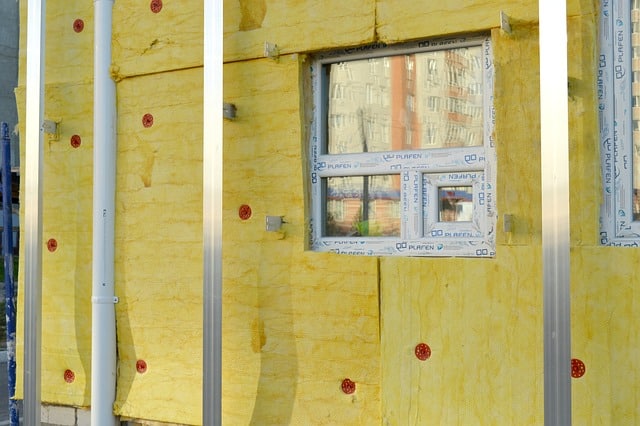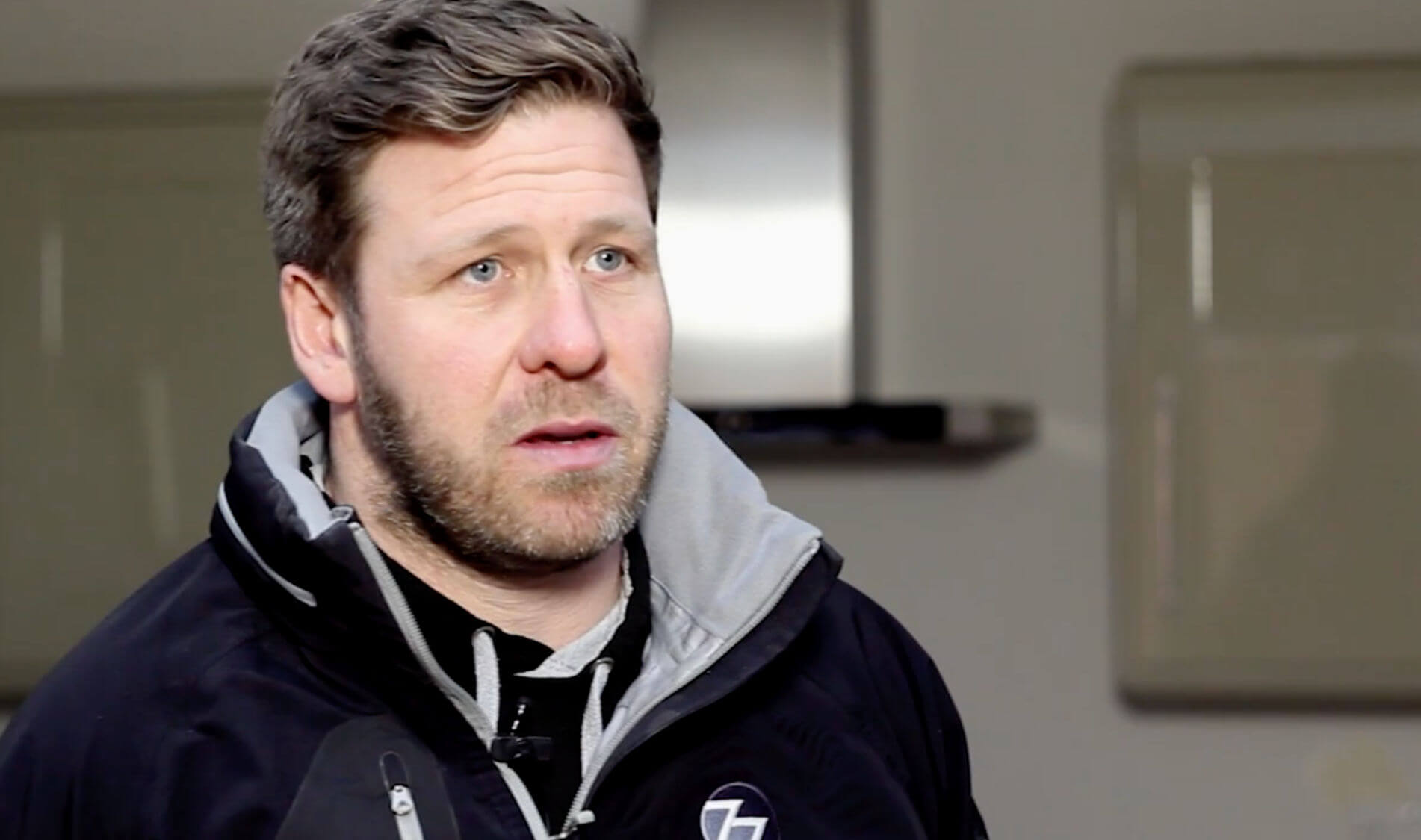Property development can be both a simple and very complex process. At its core, it’s all about finding the right piece of land and building desirable property on it to sell, rent or live in.
However, things aren’t quite that straightforward. Property development projects can and do go wrong. Whether it’s through poor planning, underestimating budgets or timelines, or simple bad luck, a failed property development project can have significant impacts. If you’ve funded it yourself or via property development finance, few people can take the financial impact without consequence.
We’ve already written about 5 Common Mistakes Made by First-Time Property Developers, but what if you’ve never written a proposal before and need help securing funding? Well this guide explains just how. As development finance lenders, we’ve outlined what we look for in a proposal that will give us the confidence to work with you.
How to Secure Property Development Finance
Every property development project is different, but there are some elements of every proposal or business plan that stand out to us and make us excited to move forward. Our guide to How to Become a Property Developer looks at some of the practical elements of a project, but what about the proposal itself?
Demonstrate Organisation
We love working with developers who are organised and professional. Everybody was a first-time developer once, but proper organisation and planning are essential to a successful project. Lots of unforeseen things can impact property development, but those which are avoidable are even more frustrating.
A successful property development business plan needs to show that major pre-commencement items have been considered and are in place. For example, is there a schedule of planned works? Who will be involved at each stage? Are the budgets and timeframes realistic? Do you have an exit strategy in place? Is contingency built in?
Being able to demonstrate organisation helps any lender feel confident that the business plan is robust and the developer themself is reliable. A comprehensive risk assessment, with proposed solutions is recommended
Strong Local & Market Knowledge
Local knowledge is crucial in successful property development. While some comes from experience, a lot can be researched, and first-time developers in particular need to give themselves the best chance of success.
This means speaking to estate agents, builders, architects and lenders to understand the types of properties that sell well in the area, how much for and who is buying them. If it’s a suburban area popular with families, two- or three-bedroom detached or semi-detached homes are often a safe choice. Likewise, flats and apartments are better suited to urban areas.
The spec of the build also needs to fit in with the local area, and what the buyer will want or can afford. For example, incorporating needlessly complex design features or fitting expensive bathrooms and kitchens may add costs that are unlikely to be recouped.
Of course, we love working with ambitious developers, but we often recommend that first-timers err on the side of caution.
Realistic Budgeting & Financial Planning
We’ve touched on it, but strong property development finance proposals need to have realistic, sensible and well-researched budgets in place, as well as a sound exit strategy. Understanding the potential return on the completed project will help inform budgets for the build.
Working with builders, architects and suppliers from the outset will help you create a realistic project timeline and plan accordingly. Delays often cost money, but overestimating timescales can be just as detrimental. We’re always happy to work with developers and provide guidance where we can, but a solid grasp of the intricacies of the project from the get-go is a good sign for us.
We recommend itemising all costs associated with the project, including land acquisition, design and construction, legal fees, marketing expenses and loan interest payments.
Additionally, factoring in time and budget for contingency is a must. Materials prices and availability are volatile, and you shouldn’t expect your initial cost estimates to still be accurate by the middle or end of the project. In extreme cases, this can also apply to the housing market as a whole. Generally, you should aim to keep 10%-20% of the budget back for contingency.
Your Exit Strategy
Another vital part of the business plan… possibly the most vital. Your exit strategy is what will make or break the project and funding application. Do you plan to sell the property, rent it or live in it? How will you pay back the property development loan? Do you have a Plan B if the property takes longer to sell than expected or runs over budget? What if your mortgage or exit finance isn’t approved?
Sometimes things don’t go to plan, and if that’s the case then we have other property development finance options to help, but detailed planning from the outset is essential.
Many first-time developers underestimate how long it can take for a property to sell. It’s not uncommon for it to take six months or longer from project completion to sale, and if this isn’t planned for, it can prove costly.
Focus on The Why
A good property development proposal should highlight the unique selling points of the project, such as the prime location, the strong local buyer or rental market, and the potential ROI.
While lenders are primarily concerned with the financials of a development project, we do still love property development. We’re excited to bring projects to life that improve an area, utilise modern building methods or enable someone to live in their dream home.
If you’re a first time developer looking for more information, explore our range of helpful guides and insights to start you on your journey.
- First Time Property Developer FAQs
- First-Time Property Developers in Sussex: A Guide to Funding Your Project
- 7 Questions You Should Be Asking Your Development Finance Broker
- What Are The Pros And Cons Of Getting A Property Development Loan?
Are you ready to start your project? Contact us today to find out how our property development finance can help you.






